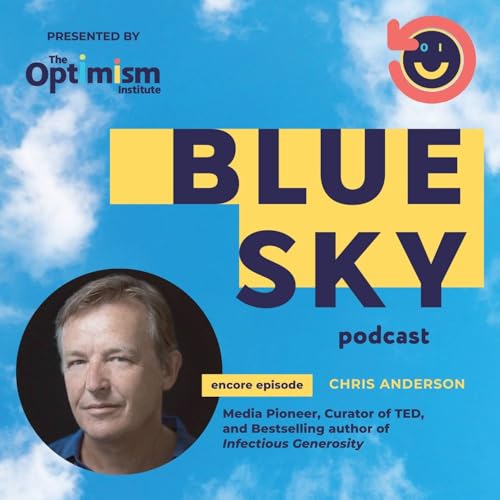Mimi Nicklin left a successful career as a marketing executive to take on the task of educating the world on the value and power of empathy. In this episode, Mimi describes the alarming "empathy deficit," its root causes, and practical strategies like self-empathy and "ALUR" (Authenticity, Listening, Understanding, Recognition) that she espouses to reconnect our workplaces and world. Chapters: 00:00 Mimi Nicklin's Global Journey Mimi Nicklin, a British native, has spent nearly two decades living and working across Asia Pacific and the Middle East, finding her passion and purpose in this part of the world. Her extensive international travel and diverse cultural experiences have significantly shaped her perspective on human connection and understanding, laying the groundwork for her specialization in empathy. 04:19 The Empathy Lightbulb Moment Mimi's journey into empathy began when a business coach questioned if her leadership style was intuition or empathy, sparking a personal revelation. This led her to discover the 'empathy deficit,' a significant societal issue that no one seemed to be addressing in 2019, prompting her to dedicate her work to this crucial topic. 08:56 Causes of Empathy Deficit Empathy has declined by 48% in the last 30 years, a critical issue for human survival, not just thriving. Mimi identifies urbanization, digitization, and overwhelming stress and anxiety as the primary root causes of this global empathy deficit, which impacts our ability to access empathetic parts of the brain. 12:32 Connectivity Paradox and Fear Despite increased physical proximity in cities and the promise of social media, people feel more disconnected and lonely than ever, a paradox Mimi attributes to a fundamental lack of understanding. This disconnection is largely driven by subconscious fear, exacerbated by the constant influx of overwhelming information from 24/7 news, leading people to retreat into their 'tribes' for safety. 17:13 The Power of Self-Empathy Mimi introduces 'self-empathy' as a crucial, yet untrending, skill for understanding oneself and managing overwhelming external information. She shares a personal example of choosing not to watch the news to protect her mental well-being, emphasizing that this ability to understand personal limits is vital in a world largely beyond individual control. 22:10 Balancing Humanism and Capitalism Mimi argues that balancing humanism and capitalism is not difficult but underutilized, emphasizing that growth and profit can and should go hand-in-hand with human well-being. She highlights that organizations with engaged and empathetic cultures achieve higher profits, engagement, and innovation, underscoring that humanism is a driver of business success, not an impediment. 25:37 The Art of Listening-Led Leadership Mimi stresses the critical importance of active, intentional listening in leadership, noting that many leaders are unaware of their own listening deficiencies. True listening, she explains, involves decoding information to understand, rather than merely hearing or preparing a reply, and is fundamental for empathy, innovation, and collaboration within teams. 32:06 Patience, Presence, and Pace Mimi highlights patience and presence as essential pillars for authentic listening and achieving long-term goals, contrasting them with the modern rush for instant gratification. 34:48 ALUR: Authenticity, Listening, Understanding, Recognition Mimi introduces her ALUR framework for leadership: Authenticity, Listening, Understanding, and Recognition, emphasizing that authenticity, rooted in patience and presence, is paramount for genuine connection. \ 41:39 The Empathy Empire's Impact Mimi emphasizes the significant financial and human costs of not listening and disengagement, noting that many employees resign due to poor relationships with their bosses. She describes her 'Empathy Empire' through keynote speaking, writing books like 'The Connection Prescription,' masterclasses, and media work, all aimed at fostering global empathy and balancing humanism with technology.
Más
Menos
 51 m
51 m 54 m
54 m 50 m
50 m 42 m
42 m Dec 17 202548 m
Dec 17 202548 m
 45 m
45 m Nov 26 202547 m
Nov 26 202547 m
